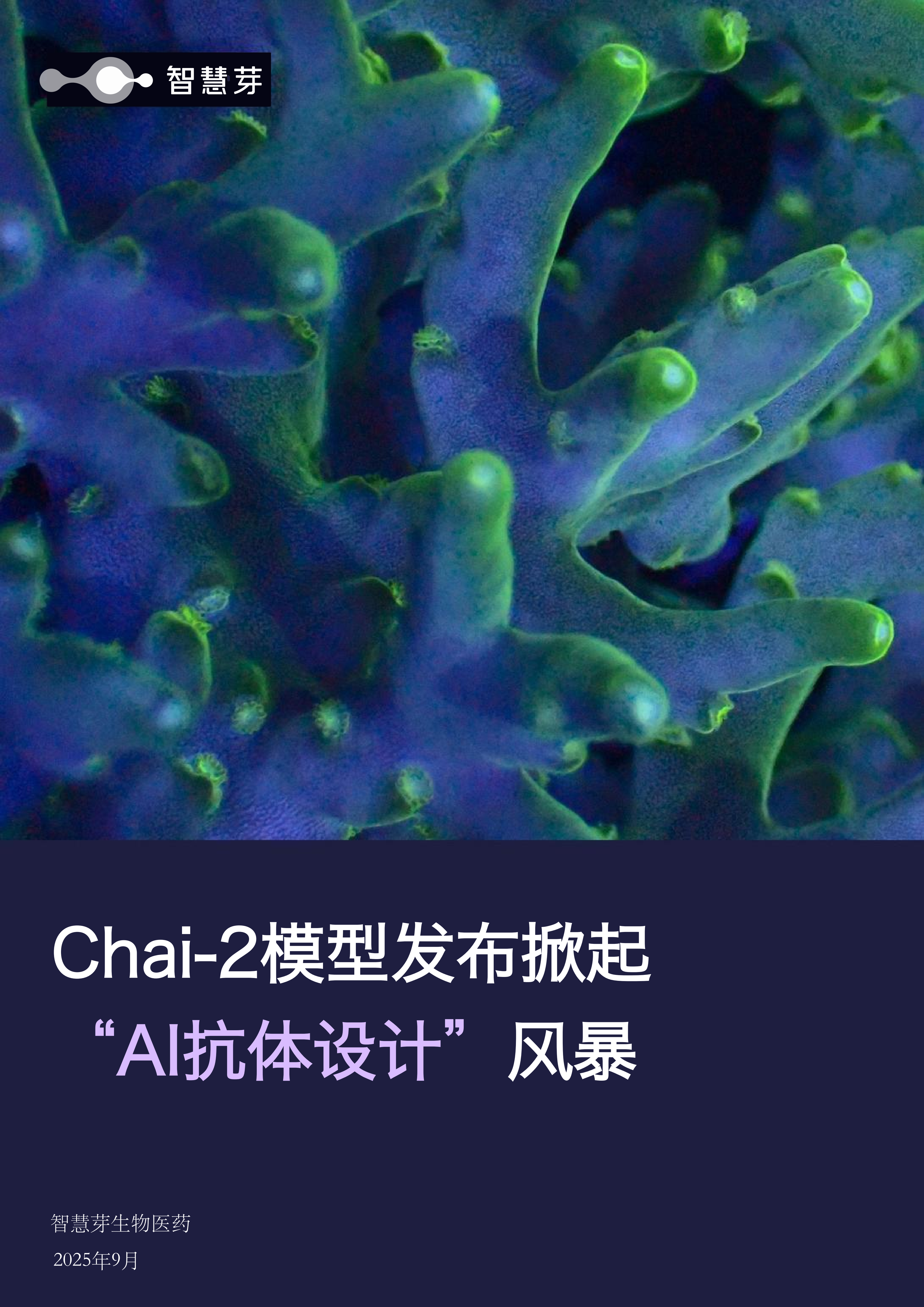预约演示
Otsuka, Sumitomo blame high placebo response for ulotaront pivotal study failures
2023-07-31
临床2期临床3期临床结果临床失败
Otsuka and Sumitomo Pharma announced Monday that a pair of Phase III studies investigating the experimental drug ulotaront in acutely psychotic adults living with schizophrenia failed to meet their primary endpoints. Hiroshi Nomura, CEO of Sumitomo, said "we believe that a high placebo response may have masked the therapeutic effect of this innovative molecule."
Results showed that for the primary endpoint of the DIAMOND 1 trial, which was a reduction in the Positive and Negative Syndrome Scale (PANSS) total score over time, neither dose of ulotaront was superior to placebo. The change from baseline in PANSS total score at week six was -16.9 for ulotaront 50mg/day and -19.6 for 75mg/day, compared to -19.3 for the placebo group.
OtsukaOtsuka and Sumitomo said the doses tested in DIAMOND 2 also failed to significantly outperform placebo. In this study, the change from baseline in PANSS total score at week six was -16.4 for ulotaront 75mg/day and -18.1 for 100mg/day, versus -14.3 for the placebo arm. The companies indicated that the drug was generally safe and well tolerated in both studies.
COVID blamed for placebo response
Nomura explained that while high placebo responses "are well documented in psychiatric clinical studies… the placebo response in DIAMOND 1 was particularly high." The executive noted that both trials were conducted during the COVID-19 pandemic, with initial analyses suggesting "an impact of COVID-19 on the placebo responses that were seen."
Ulotaront - a TAAR1 agonist with 5-HT1A agonist5-HT1A agonist activity - is currently under investigation for the treatment of schizophrenia in the DIAMOND 5 study in Japan and China, as well as for generalised anxiety disorder (GAD) and the adjunctive treatment of major depressive disorder (MDD). The drug, also known as SEP-363856, was discovered by Sumitomo and PsychoGenics, with further development being undertaken as part of a 2021 deal between Sumitomo and OtsukaOtsuka valued at nearly $900 million.
Uncertain future
Morgan Stanley analysts said they expect the Phase III schizophrenia trial to be re-done, and noted that the first Phase II/III results in GAD and adjunctive MDD are due in 2025. "We think the launch of ulotaront will likely be pushed back by four to five years," they suggested. Meanwhile, Nomura analysts pointed out that based on the top-line DIAMOND 1 and 2 readouts, "it does look as though there was some dose-dependent improvement in the symptoms of patients receiving ulotaront." However, they indicated that the drug's future remains uncertain, and believe Sumitomo and Otsuka may run some new trials in a more narrowly selected group of patients, or decide to scrap the programme altogether.
Earlier this year, Roche terminated two Phase II studies investigating its TAAR1 partial agonist ralmitaront, also known as RG7906 and RO6889450. One of the studies was testing the drug in patients with an acute exacerbation of schizophrenia or schizoaffective disorder, but a preliminary analysis revealed "the primary endpoint was negative," according to an entry in ClinicalTrials.gov. The second, evaluating the effect of ralmitaront on negative symptoms associated with schizophrenia or schizoaffective disorder, was discontinued after an interim analysis indicated the drug "was unlikely to meet its primary endpoint," a notice in the US clinical trials database said.
更多内容,请访问原始网站
文中所述内容并不反映新药情报库及其所属公司任何意见及观点,如有版权侵扰或错误之处,请及时联系我们,我们会在24小时内配合处理。
Eureka LS:
全新生物医药AI Agent 覆盖科研全链路,让突破性发现快人一步
立即开始免费试用!
智慧芽新药情报库是智慧芽专为生命科学人士构建的基于AI的创新药情报平台,助您全方位提升您的研发与决策效率。
立即开始数据试用!
智慧芽新药库数据也通过智慧芽数据服务平台,以API或者数据包形式对外开放,助您更加充分利用智慧芽新药情报信息。





